So I have a pretty simple class with an Id field, and the Id can be set in the constructor.
Typically I will use this to clearly identify the class property as opposed to the method argument. To me this seems clearer.
IDE0003 wants me to remove the this, with the message 'Name can be simplified', is that correct?
This seems less clear to me, and also allows a casing error to easily result in id = id.
